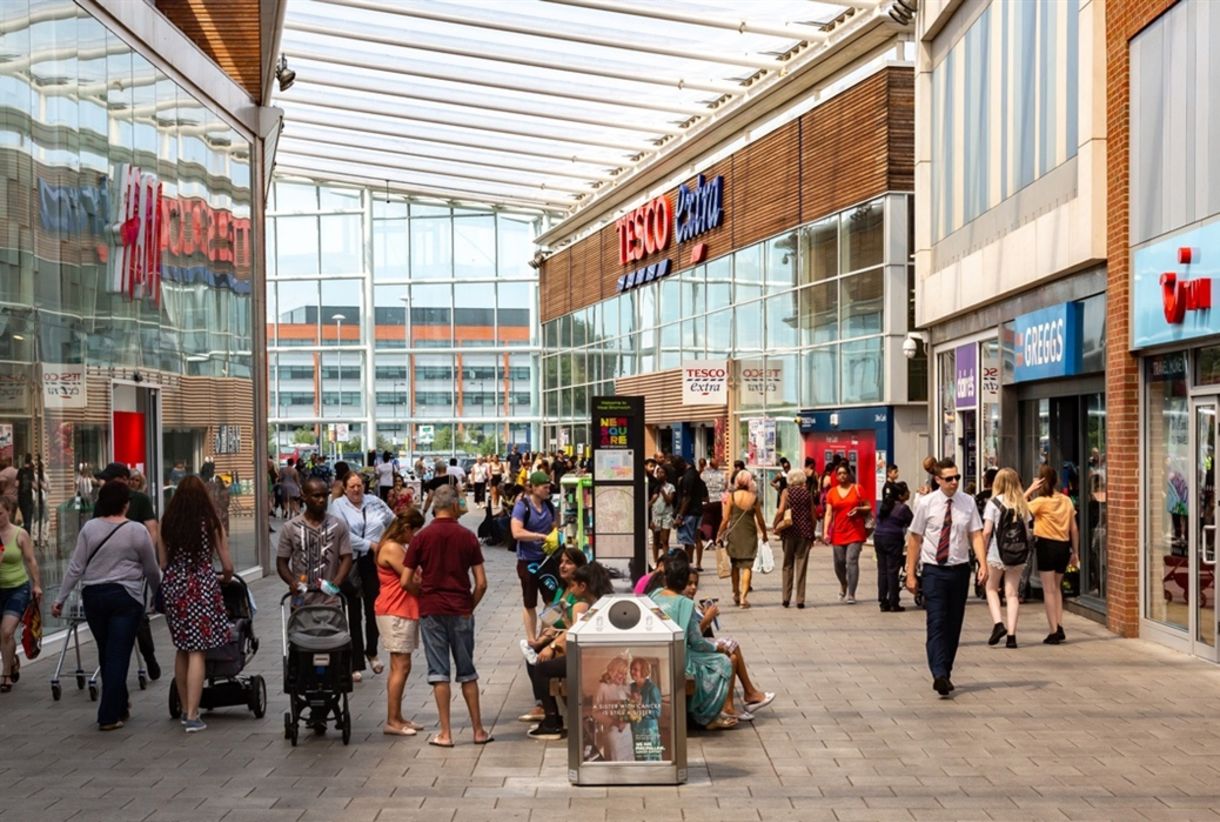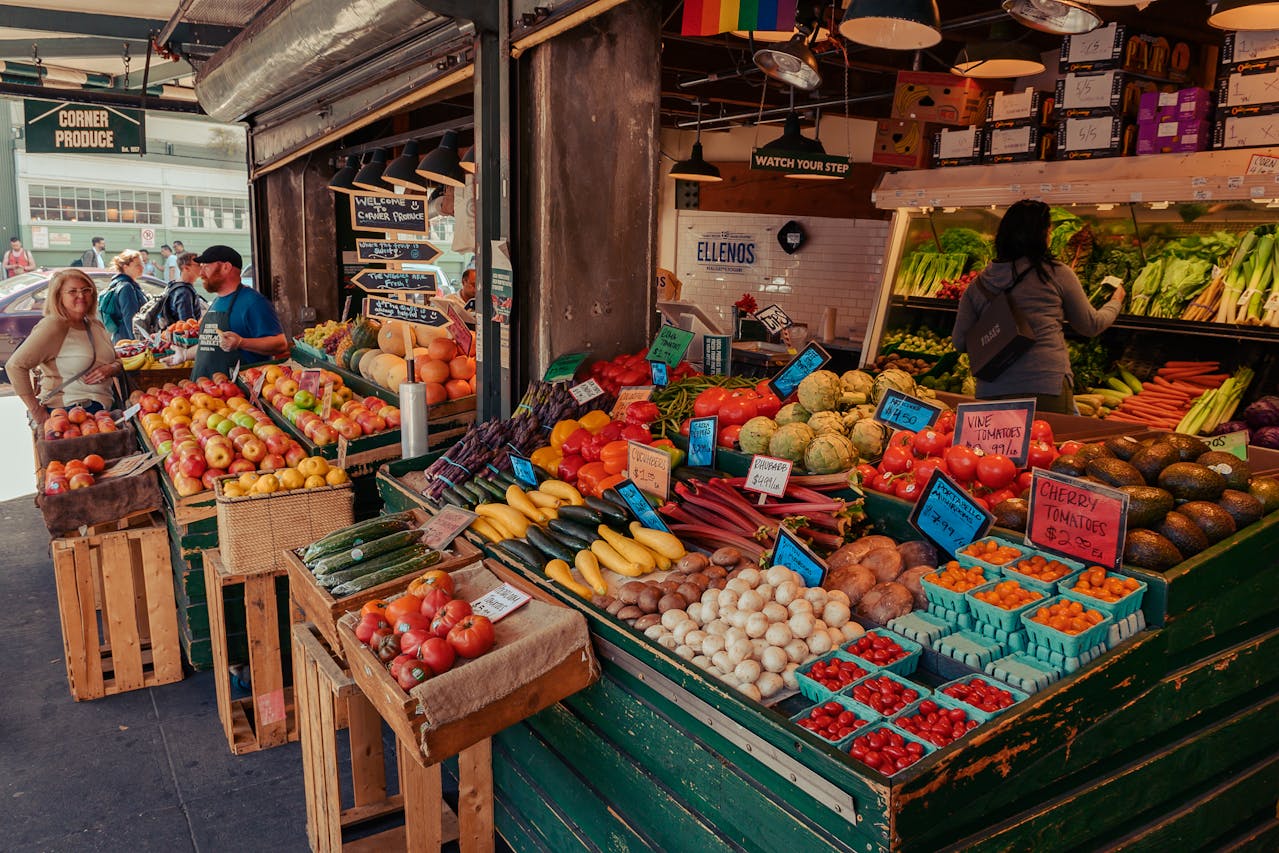Markets for the Community

Retail markets as inclusive social infrastructure
Across the UK, particularly for low-income communities, retail markets function as vital social infrastructure, providing places to meet, enhancing local resilience, and generating much needed vibrancy for local economies. These spaces represent so much more than places to buy and sell.
Our recent work at Queen’s Market in Newham illustrates just that. With a loyal and long-standing customer base, it attracts a diverse range of users, and carries particular importance as both a social space and as an enabler for marginalised and vulnerable groups to access support and care. Like many other retail markets threatened by rising costs, the prospect of redevelopment and gentrification, Newham Council have recognised the importance of Queen’s Market to the community, ensuring this is preserved during regeneration.

Retail markets providing access to affordable and healthy food
In the midst of a cost of living crisis, retail markets also play an important role in addressing critical social challenges such as food security and access to affordable healthy food. The Food Foundation highlights in its #BrokenPlate2022 report that healthy food is around three times as expensive per calorie than less healthy options: retail markets often provide a route to affordable fresh and healthy produce at lower prices than in stores.
This is evident at another site of ongoing work at North End Road Market in Hammersmith & Fulham. An area of considerable socio-economic polarisation, the Council has helped to fund The Rose Voucher Project providing families on low incomes with vouchers to access fresh fruit and vegetables on the market.


